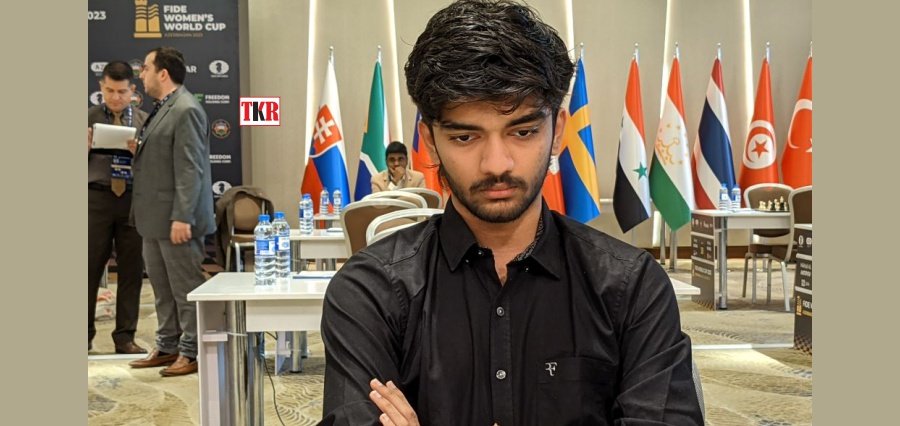Navigating Cross-cultural Challenges and Personal Growth
International education has become a common pursuit for students seeking academic and personal growth in today’s increasingly globalized world. The experience of studying abroad offers students the opportunity to immerse themselves in different cultures, learn new languages and develop a global perspective.
However, the journey is not without its challenges. Students often face significant psychological and emotional hurdles as they navigate the complexities of living and studying in a foreign country. This is where student counseling plays a crucial role. Understanding the psychological perspectives on student counseling in international education is essential for providing effective support to students.
The Role of Student Counseling in International Education
Understanding Psychological Perspectives
Psychological perspectives offer a comprehensive framework for understanding the diverse experiences of international students. These perspectives encompass various theories and approaches that help counselors address the unique challenges faced by students studying abroad. By incorporating psychological perspectives into student counseling, counselors can provide tailored support that meets the specific needs of international students.
The Importance of Cultural Sensitivity
One of the key psychological perspectives in student counseling is the importance of cultural sensitivity. International students come from diverse cultural backgrounds and their experiences are shaped by their cultural identities. Counselors must be culturally competent and aware of the cultural nuances that influence students’ behavior, attitudes and mental health. This understanding enables counselors to create a supportive environment where students feel understood and respected.
Cross-Cultural Challenges Faced by International Students
Acculturation Stress
Acculturation stress is a common psychological challenge faced by international students. This stress arises from the process of adapting to a new culture and can manifest in various ways including homesickness, anxiety and depression.
Psychological perspectives on acculturation stress emphasize the need for counselors to help students develop coping strategies and resilience. Counseling sessions can focus on building students’ confidence in navigating the new cultural environment and finding a balance between maintaining their cultural identity and integrating into the host culture.
Language Barriers and Communication Difficulties
Language barriers are another significant challenge for international students. Communication difficulties can lead to feelings of isolation and frustration, impacting students’ academic performance and social interactions.
From a psychological perspective, counselors can help students develop language skills and confidence in communication through various techniques, such as role-playing and language support groups. Addressing these barriers is crucial for students’ overall well-being and success.
Personal Growth Through International Education
Developing Emotional Intelligence
International education offers a unique opportunity for personal growth, particularly in developing emotional intelligence. Emotional intelligence refers to the ability to understand and manage one’s own emotions and the emotions of others.
Psychological perspectives highlight the importance of emotional intelligence in adapting to new environments and building meaningful relationships. Counselors can support students in enhancing their emotional intelligence through self-awareness exercises, empathy training and reflective practices.
Building Resilience
Resilience is another critical aspect of personal growth that international students can develop. Resilience involves the ability to bounce back from challenges and setbacks. Psychological perspectives on resilience emphasize the role of supportive relationships, positive thinking and problem-solving skills. Counselors can help students build resilience by encouraging them to set realistic goals, develop a growth mindset and seek support from peers and mentors.
Counseling Strategies for International Students
Individual Counseling Sessions
Individual counseling sessions provide a safe space for students to explore their thoughts and feelings. These sessions allow counselors to tailor their approach to the specific needs of each student, using psychological perspectives to address their unique challenges. Techniques such as Cognitive Behavioral Therapy (CBT) and mindfulness can be particularly effective in helping students manage stress, anxiety and other mental health issues.
Group Counseling and Peer Support
Group counseling and peer support groups offer additional avenues for international students to share their experiences and learn from one another. Psychological perspectives on group dynamics and social support highlight the benefits of these interactions in reducing feelings of isolation and promoting a sense of belonging. Counselors can facilitate group sessions that focus on common challenges, cultural exchange and mutual support.
The Role of Educational Institutions
Creating a Supportive Environment
Educational institutions play a vital role in supporting international students. From a psychological perspective, institutions should create a supportive environment that promotes mental health and well-being. This includes providing access to counseling services, cultural orientation programs and resources for academic and personal development. Institutions should also foster an inclusive campus culture that values diversity and encourages intercultural interactions.
Training and Development for Counselors
Continuous training and development for counselors are essential to ensure they are equipped to address the unique needs of international students. Psychological perspectives on professional development emphasize the importance of staying updated with the latest research and best practices in student counseling. Institutions should invest in training programs that enhance counselors’ cultural competence, knowledge of international education and skills in providing effective support.
Conclusion
Psychological perspectives on student counseling in international education provide valuable insights into addressing the cross-cultural challenges and facilitating personal growth for international students.
Looking ahead, the future of student counseling in international education will likely see an increased emphasis on integrating technology, promoting mental health awareness and fostering global competencies among students.
Read More: https://theknowledgereview.in/





